Editorial: Unintended Consequences of a Bystander Policy
March 20, 2018
Whispers of a “bystander policy” being implemented next year have swept throughout MSMS. After a visit to the Louisiana School for Math, Science, and the Arts, the administration learned of a specific policy that LMSA has implemented in an attempt to reduce wrongdoing among the student body. The policy as defined by the LSMSA student handbook is as follows:
“Students are expected to refrain from being in the presence of others who are violating school policies. Students knowingly continuing in the presence of a violation will be held accountable for their actions even if they are not participating in prohibited conduct. This includes, but is not limited to, students who are in the presence of others using alcohol, illegal drugs, or misused substances, even if they are not using these substances themselves. Students are expected to report promptly any conduct or activity posing a danger to the community or to its members.
- Violations of the bystander conduct policy may be considered MINOR INFRACTIONS, MAJOR INFRACTIONS, or INFRACTIONS RESULTING IN EXPULSION, depending on the nature of the violation.”
While no concrete plan yet exists, students have reported instances of certain members of the MSMS staff speaking on the possibility of this policy being implemented in the near future, possibly even next year. While the idea of this type of policy may seem attractive to the administration in an attempt to prevent any rule-breaking by the student body, we believe that the administration must consider the many possible unintended repercussions that would come with the implementation of this policy.
The first major problem that can be seen with this policy is that it presents the students with a massive lose-lose situation. Whether the student reports their fellow student or decides to keep quiet, they will be at risk of either expulsion or ostracization by their fellow students, creating a culture of suspicion to form at MSMS. This holds especially true if the violator is a friend of the observer.
If the student chooses to report their friend, they may quickly be branded as a “snitch” and lose their reputation among the student population. Reports cannot always be anonymous, as there is always a chance that the information will be released in some form or fashion. Generally, only a few people should be privy to the knowledge of the violation being committed. Most often, these are friends of the violator. If the aforementioned violator is reported, they would automatically know who it can and cannot be, no matter if the anonymous tool is used or not. Additionally, even if the reporter is not immediately clear, the student body may take a vigilante role and target someone with no evidence, even if they are innocent. This has happened before at MSMS, even this year. This baseless blaming would only further strengthen the culture of suspicion that would be built, and there would be an increase in the number of incidents where innocent students are wrongly accused and attacked.
If the student does not choose to report their friend, they would be at risk of facing suspension or worse. This lose-lose situation could form massive splits in the student body, as even the smallest of violations would be reported in order to protect oneself from the repercussions. For example, a student’s roommate would stay up past lights out, which is classified as an infraction but happens often anyway. If the observing roommate reports this, the violator will be punished for a relatively harmless action. However, as a result of this policy, the relationship between the two roommate will be damaged, and the reporter’s reputation would be ruined for the rest of the student body. This is essentially expecting the highest adult behavior from adolescents. This is a fool’s errand.
The second major problem can be seen in how to prove whether a student knows of the infractions occurring or not. How could the school know whether a student had knowledge of the rule-breaking? The short answer is they cannot. The school does not possess a meter stick that is specific and reliable in measuring if a student knows if another student committed a violation. We must follow the principle of innocent until proven guilty. Unless there is cold, hard evidence that clearly presents that the student knew of the violation, the school cannot punish a person on the basis for “possibly having knowledge.” The reality is that this is not going to be the case in the majority of the cases, as ambiguity will almost always be present.
Alternatives to this issue are very difficult to truly figure out; however, the way we have the school set up now is still a better option. There are flaws with the current system, and it must be revamped. An example of what could be implemented can be seen in UC Berkeley’s approach, where only a life-threatening situation warrants a report of another student for drug use or another type of violation. The reporter is also guaranteed full immunity, even if they were also pursuing rule infractions, to ensure that the student suffering would be treated to. Although we personally believe that the students would have the initiative to do this anyway, it is still safer to include it as a rule. This form of the bystander rule would be more effective while also preventing a culture of suspicion from forming as well.
MSMS has always prided itself on providing a culture of creating relationships and friendships that last a lifetime. The alumni continually reiterate this point, speaking of how this was perhaps the most valuable thing they took away from their experience. This would have the potential of morphing this warm atmosphere and friendly culture into one of suspicion and distrust between students as they attempt to protect their own self-interests, single-handedly ruining this integral aspect of the MSMS experience.

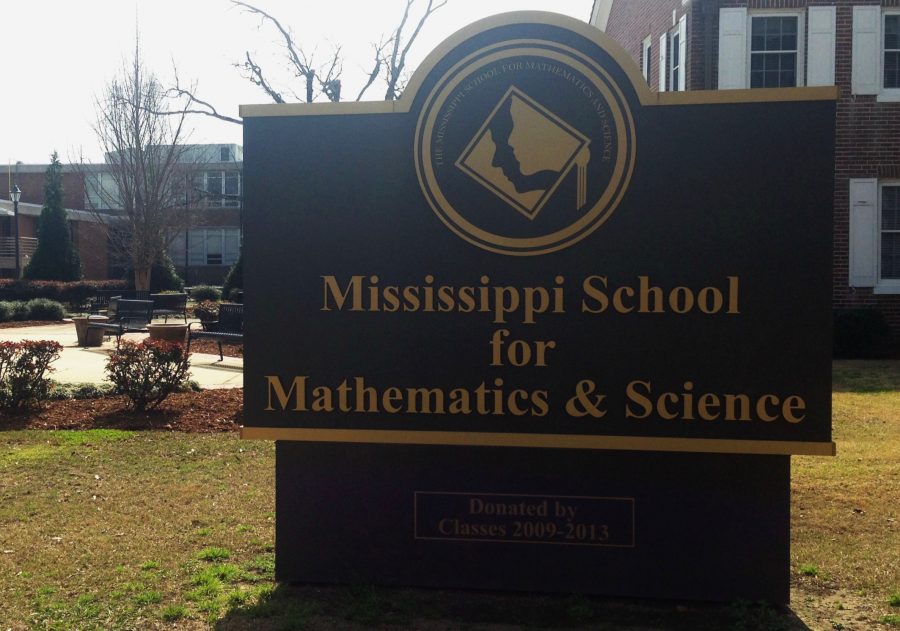
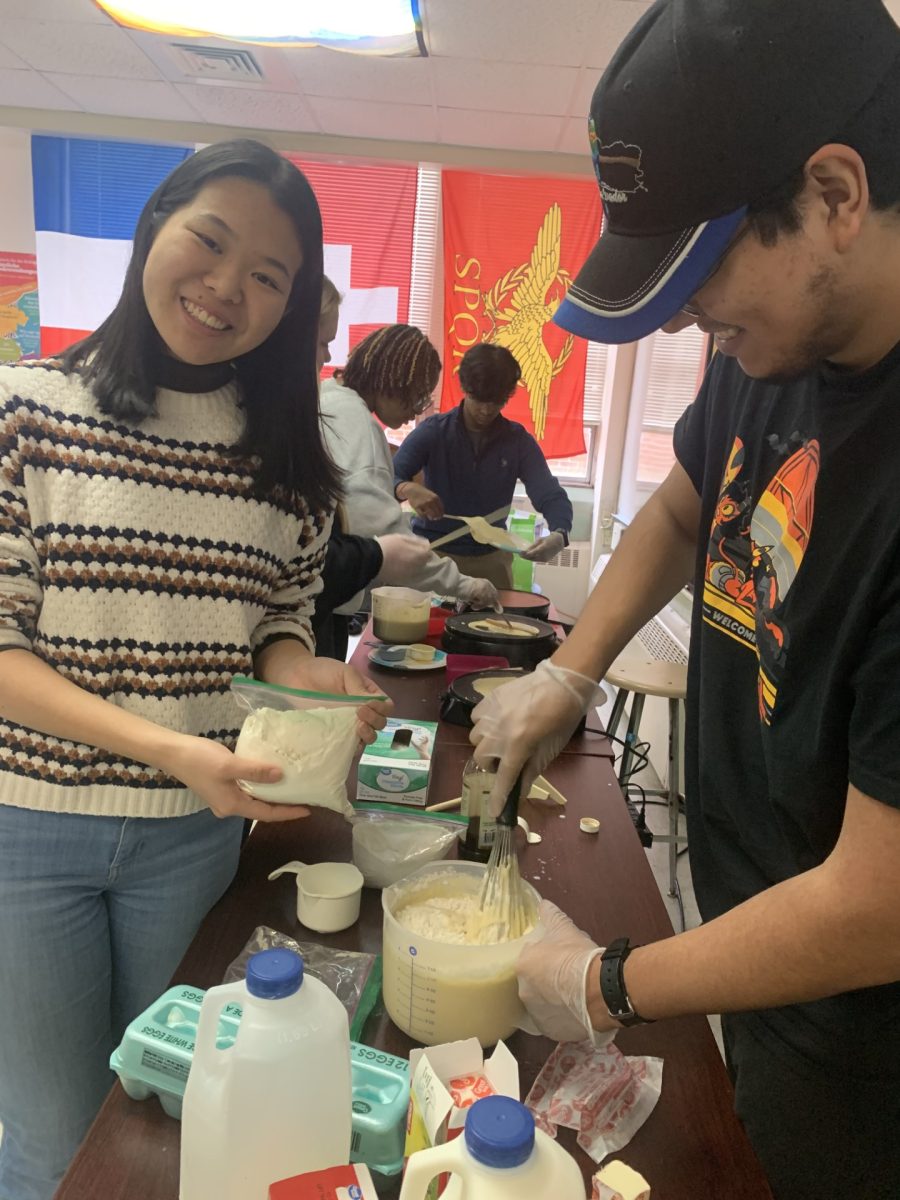
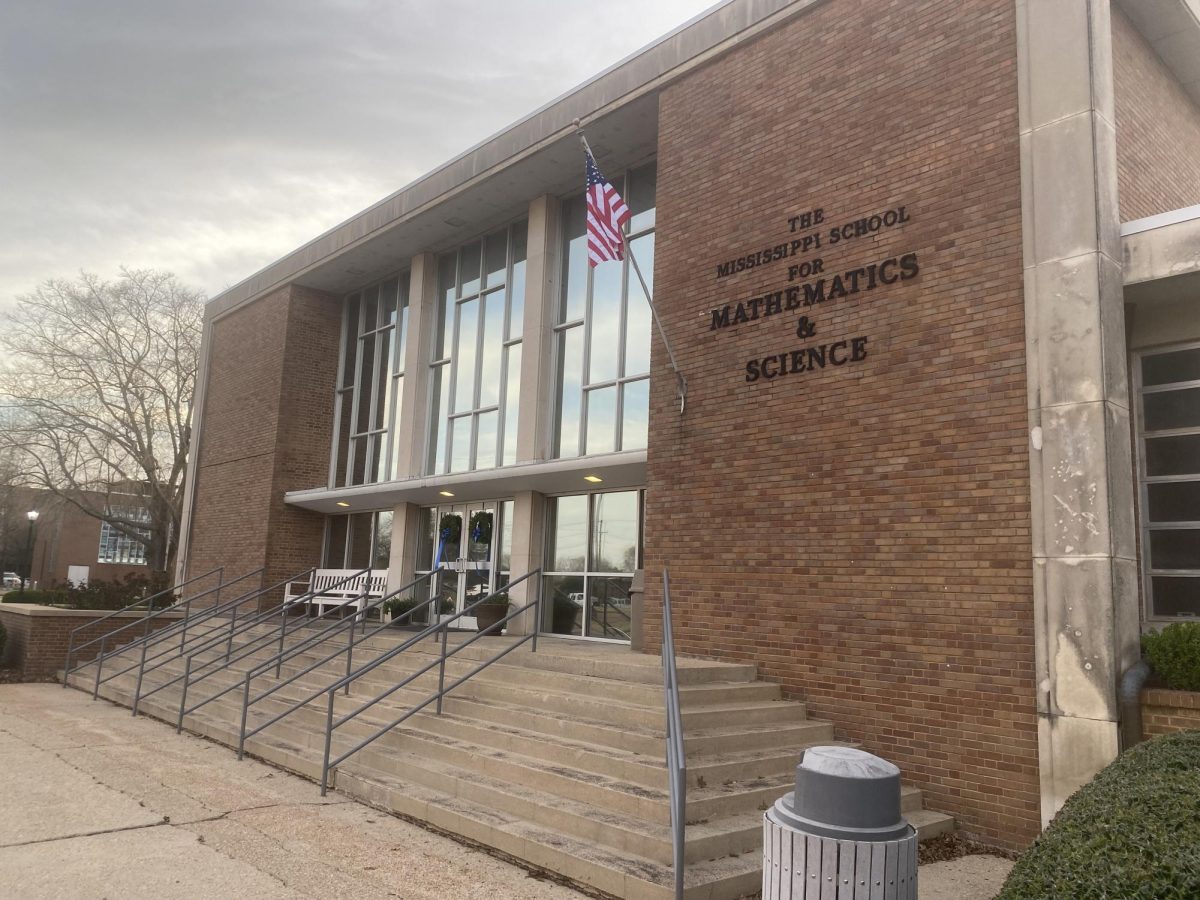
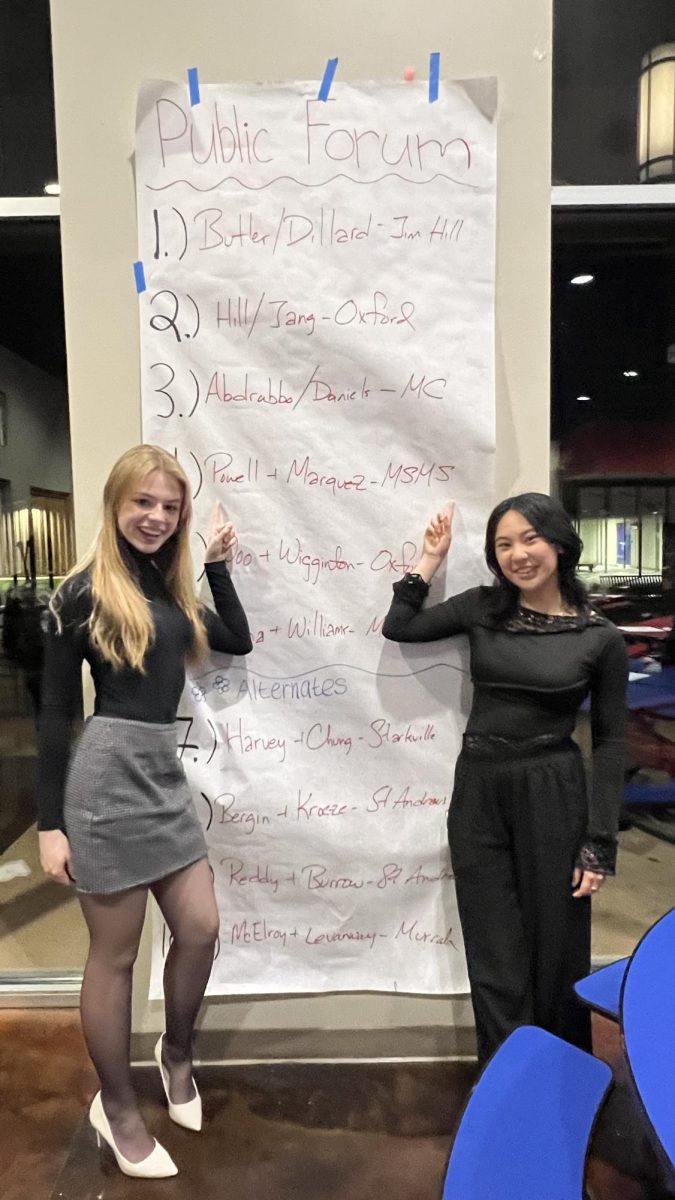
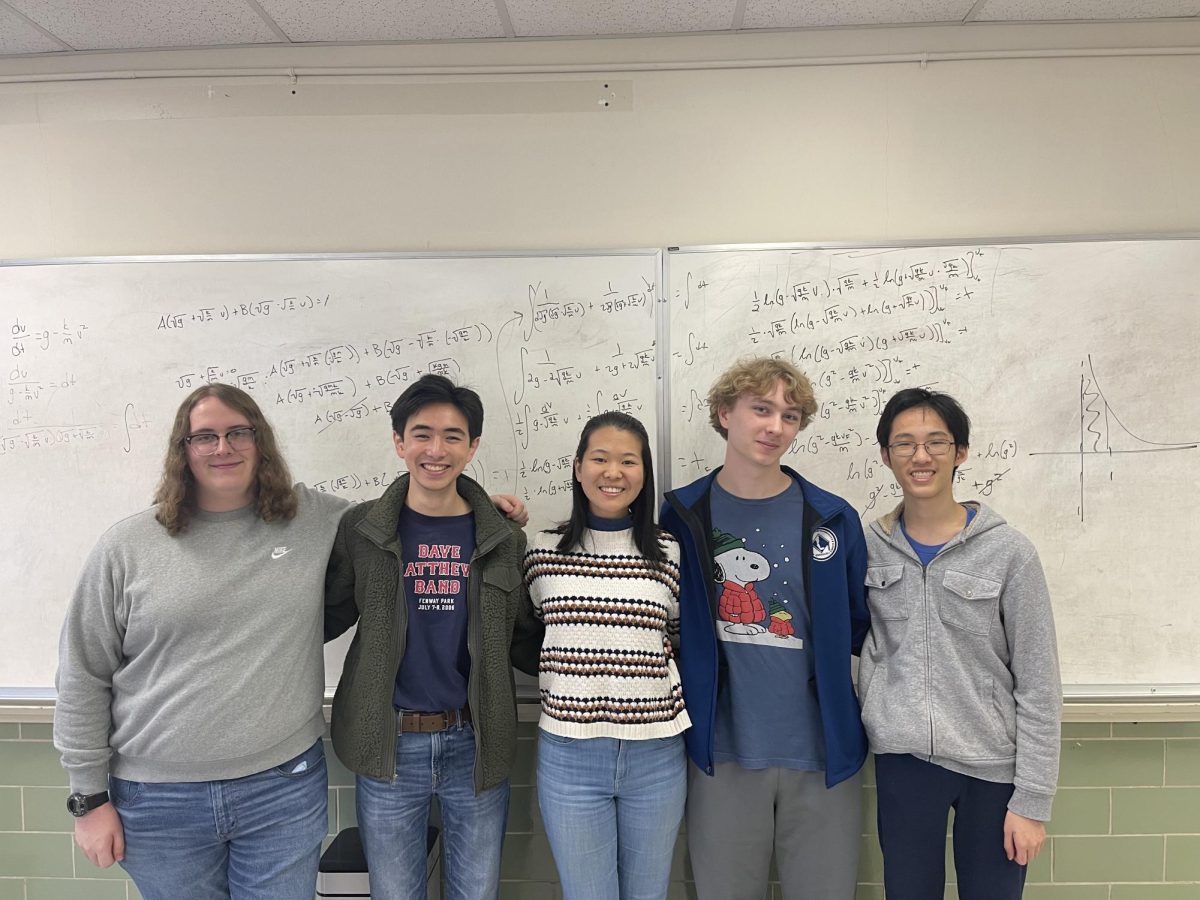
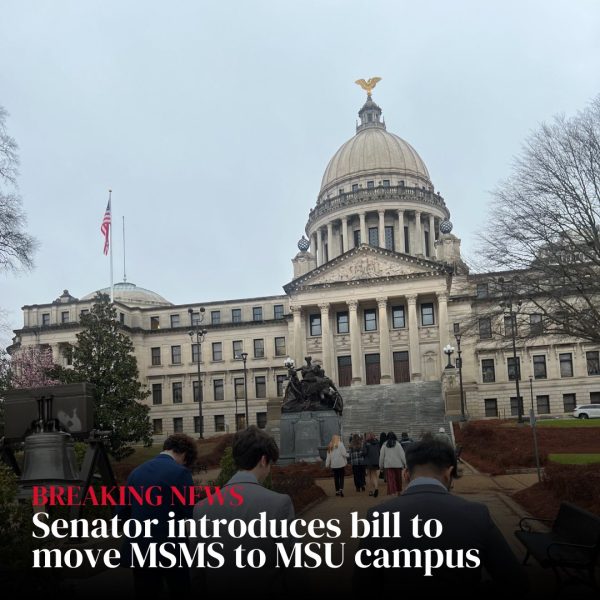

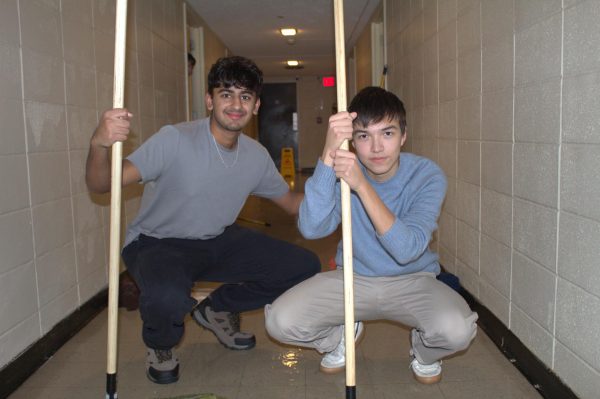
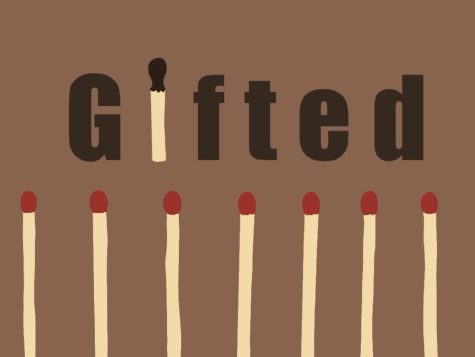

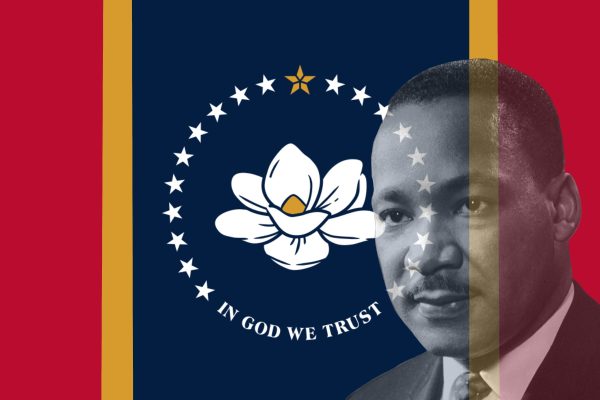


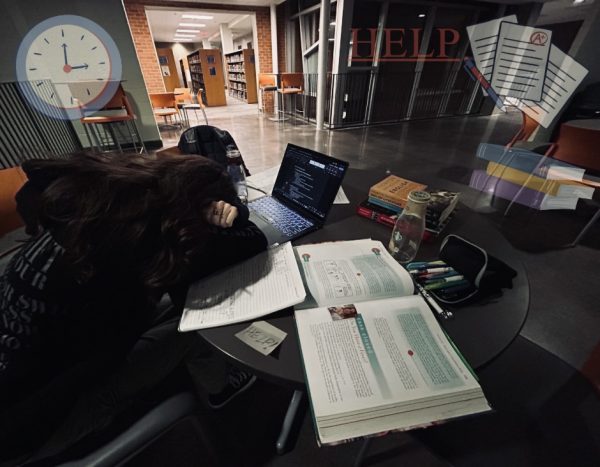
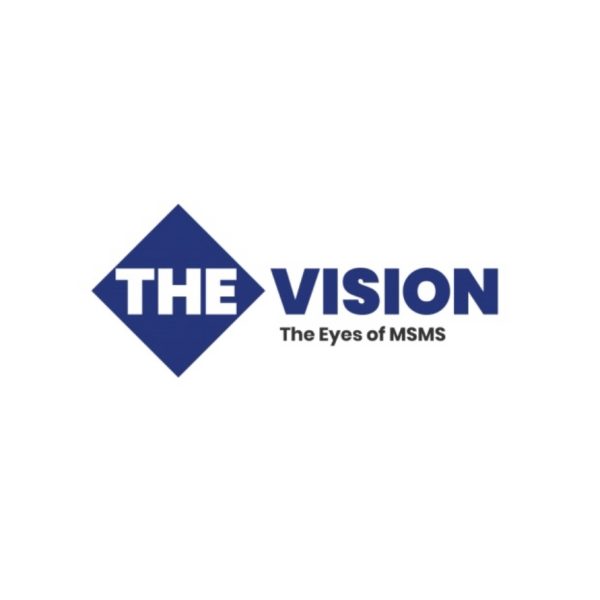

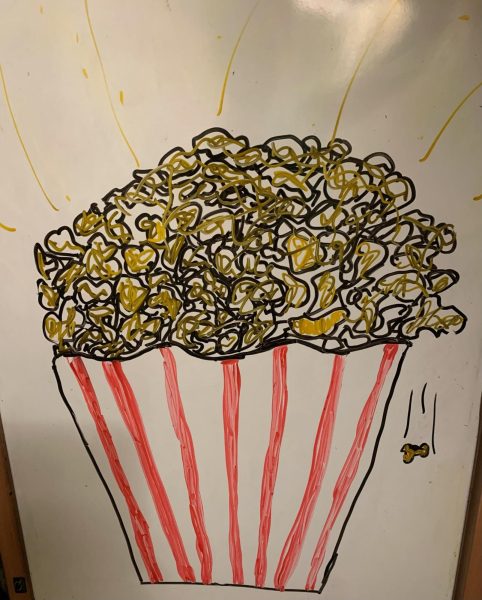

Daniel Day Lewis • Mar 26, 2018 at 6:05 pm
What this article misses is the situation of the student in the room. If a student is with their friend making a bad decision, what prevents that student now from following in their friends footsteps? If a staff member can now punish that student for being in the room, the real Lose-Lose situation is that of the student who now will be punished for making sure their friend will be ok following through on a bad decision that they really can’t stop them from committing.
UChicago • Mar 22, 2018 at 8:20 am
While these are valid concerns, they aren’t representative of the thoughts of the entire student body. This is a worst case scenario. Here in Chicago, we believe students dedicated to their path to excellent are both mature enough to handle the policy as well as their social lives, and that the culture of harming snitches in favor of someone’s desire to get drunk (it’s their own choice to ignore opportunities here at MSMS and break the law) is far more dangerous. You as a student body could remedy this by being harder on the perpetrators than those seeking to conserve the community through alerting proper officials. Or by applying to UChicago co 2023 today!
Harvard University • Mar 21, 2018 at 9:45 pm
We agree with the bystander policy. Anything they say goes in our opinion. If anyone would like to debate us on this crucial topic, we would more than happy to do so. Furthermore, we would like to commend the Vision staff on a well-written article, though we cannot say that every argument made can be backed up.